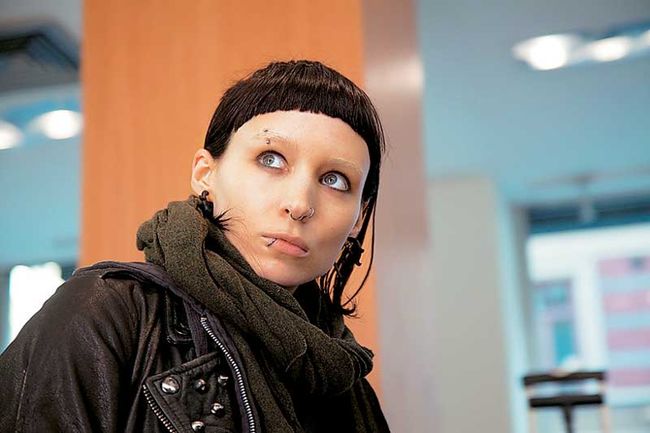
Performances in film are funny in that they will always live on long after the initial critical assessments fade away and their run in the theater ends. Now, with widespread distribution of the back catalogue of film history, many performances have been reassessed and reevaluated, to both their benefit or detriment.
Although the yardstick by which critical judgement over acting can vary based on context, circumstance, and the time period in which those performances were first rendered, there is one institution whose sole mission it is to weigh the acting performances on film against each other and declare a winner: The Academy Awards.
However, as has been noted often, it’s not like the Academy is the end-all, be-all arbitrator of talent or merit. Often in hindsight, the judgements passed by Academy voters for performances are seen as perhaps not the best ones that could have been made, particularly when taking into account the competition against the winner.
With Oscar season, let’s take a glance backwards in time to reassess some Best Actress nominees whose performances perhaps should have been recognized over the historic winners of their category that year, and why.
1. Faye Dunaway, Chinatown
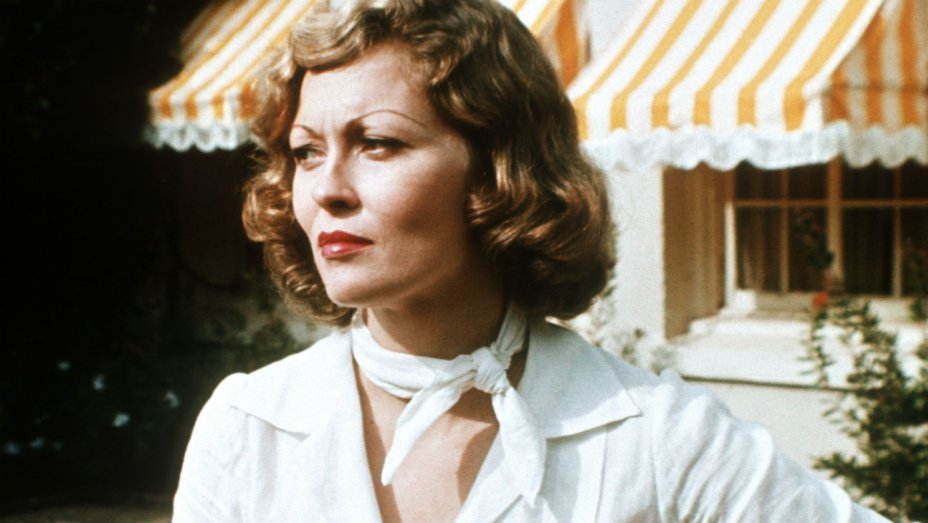
Inhabiting both the poise and looks of Old Hollywood actresses while also bringing to her performances the verve and originality associated with New Hollywood, Faye Dunaway quickly became one of the most acclaimed actresses of her generation.
Having secured her first Best Actress nomination with her third feature film role in Bonny and Clyde, Dunaway would find herself nominated again several years later for her role in Roman Polanski’s Chinatown as Evelyn Mulway, an evasive woman whose twisted life becomes part of hardboiled detective Jake Gittes’ (Jack Nicholson) current investigation. Her performance brought a realistic air of mystery to her character with a shocking secret and was widely praised upon the film’s release in 1974.
In fact, Chinatown was a critical hit in general and garnered 11 Academy Award nominations. Both Dunaway and Nicholson were favored to win in their respective categories that year, but by the show’s end, the film only won one Award for Best Original Screenplay.
In any other year, it seems Dunaway would have walked away with the Best Actress award, but she was up against strong competition, including Gena Rowlands’ tightly wound performance in John Cassavettes’ A Woman Under The Influence and winner Ellen Burstyn in Alice Doesn’t Live Here Anymore.
What makes her loss particularly regrettable in hindsight is that Chinatown–an impeccable period piece set in 1937 Los Angeles–has aged much better than the competing films in the Best Actress category, which were set in contemporary times. Since its release, Chinatown has become a timeless classic, and Dunaway would go on to win Best Actress two years later for her role in Network.
2. Sigourney Weaver, Aliens
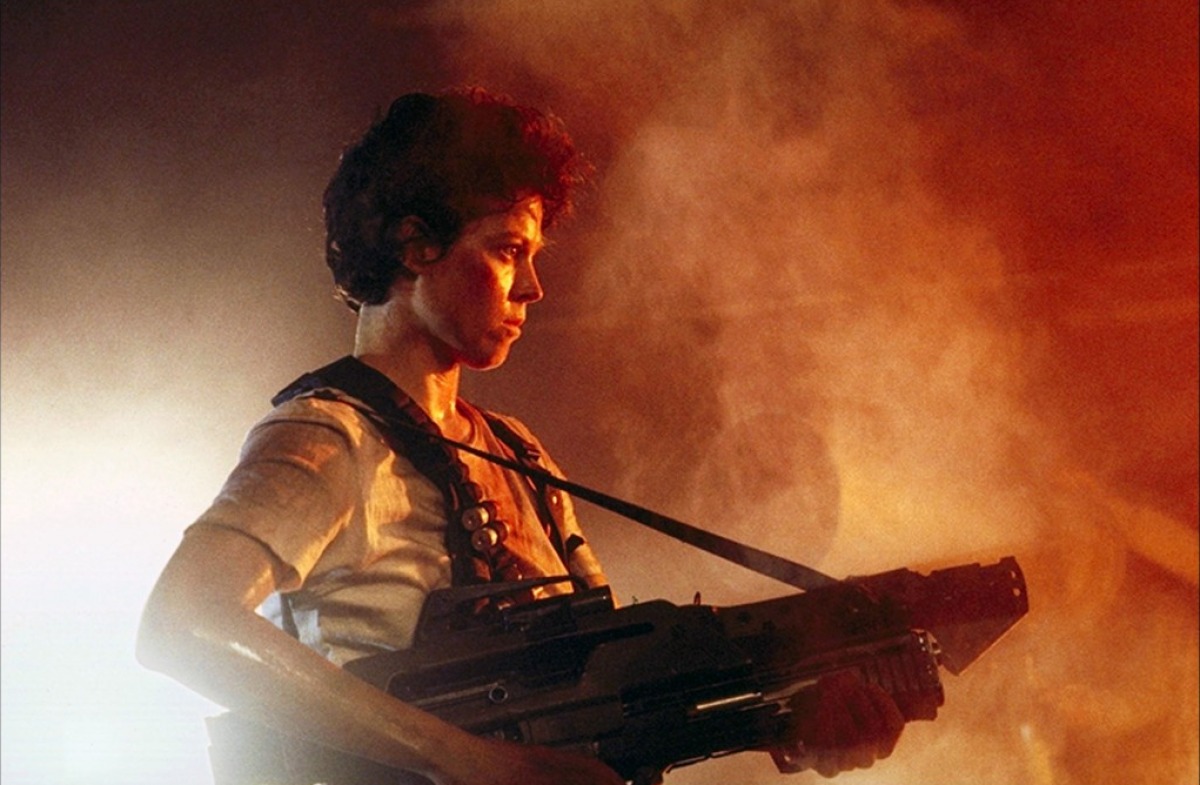
Sci-fi and action films have never fared well in the “Big Six” categories at the Academy Awards: it was nearly unheard-of, besides this year’s Arrival, for a science-fiction film to nab a Best Picture nomination (although since the Academy had recently expanded the number of films included in Best Picture, the number has been going up steadily since), and even less so in the Best Actor or Actress categories.
But sometimes there’s a sci-fi film where the lead performance cannot be ignored, and even in the now long-past year of 1986, Sigourney Weaver’s powerhouse portrayal of determined survivor Ellen Ripley secured a Best Actress nomination at the 59th Academy Awards.
There was no question that it would be a stretch for Weaver–who had built a solid career in popular mainstream films during that decade–to win the Award that night, especially against such strong competition in the category such as Kathleen Turner’s serio-comic performance in Peggie Sue Got Married, Sissie Spacek in Crimes of the Heart, and Jane Fonda for The Night After.
In the end, the award went to none of them but to newcomer Marlee Matlin in the drama Children of a Lesser God. While Matlin’s performance is truly impressive–having been deaf since infanthood, Matlin is still the only deaf performer to win an Academy Award for acting–neither hers nor any of the other nominees’ performances that year would become as iconic as Weaver’s in Aliens.
Now a sci-fi classic, watching Aliens today and focusing on Weaver’s emotive power as she struggles to face the trauma that she had gone through, bonding with a little girl that’s the sole survivor of her own family’s decimation, and still battling the ravaging aliens that had already once before nearly destroyed her, in hindsight it’s a wonder that she wasn’t awarded the Oscar.
But perhaps that her role in Aliens is still highly regarded and remembered over thirty years later is more of a tribute than a statuette would have ever been.
3. Holly Hunter, Broadcast News
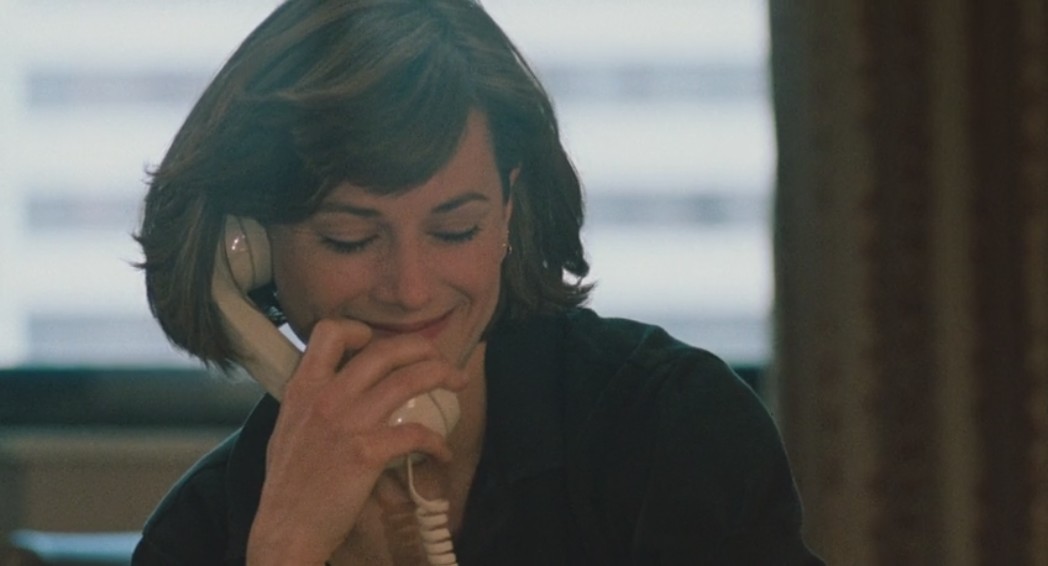
Playing a high-strung network news producer trying to find romance, Holly Hunter’s performance in Broadcast News finely blends both comedy and drama that portrays an emotionally complex, career-minded woman. Hunter was an actress on the rise at the time, having appeared in the Coen Brothers’ films Blood Simple and Raising Arizona, and Broadcast News was a mainstream breakthrough for her.
Hunter was nominated for Best Actress at the 60th Academy Awards and it seemed that award was a cinch for her performance: besides Meryl Streep being nominated for the otherwise minor Ironweed, the category was rounded out with Glenn Close’s villainous performance of a woman scorned in Fatal Attraction, Sally Kirkland in the now all-but-forgotten Anna, and surprise nominee Cher for the romantic comedy Moonstruck. But when the envelope was opened, it was Cher who found herself holding the Best Actress Oscar.
While Cher’s performance was highly praised at the time (for an actress, she’s a fine musician), her historical place in film quickly waned, only appearing in a handful of films over the next three decades. Meanwhile, Hunter maintained her position as an indie favorite while also finding mainstream success, eventually winning her own Best Actress Oscar several years later for The Piano.
4. Cate Blanchett, Elizabeth
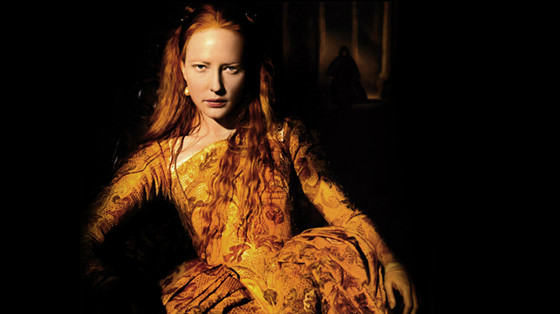
Much has been written, often in outrage, over Shakespeare In Love’s Best Picture win at the 71st Academy Awards–particularly since another film came out that year with a more historically accurate portrayal of the general time period in which that film took place: Elizabeth, which was also nominated for Best Picture.
Along similar lines, Shakespeare In Love dominated many of the categories that year (perhaps due to the ever-forceful influence of Miramax executive and human wrecking ball Harvey Weinstein), including Best Actress.
Cate Blanchett was up for her genuine portrayal of Queen Elizabeth I of England for Best Actress in the eponymous film, and besides perennial heavyweight Meryl Streep being nominated in her category that year, Blanchett was an outside favorite for picking up Best Actress.
But in the time period where Weinstein reigned supreme in Hollywood and could bend the will of Academy voters–who have either done business with the bullish studio exec, were currently in business with him, or would one day wish to conduct business with him–what Weinstein wanted, he got, so instead of the historical portrait of Queen Elizabeth I that Blanchett evoked, the Best Actress award went to Gwyneth Paltrow for her lithe, romantic lead performance in Shakespeare In Love.
Like many maligned later comments about that film’s dominance at the Awards that year, it seems hindsight has changed many people’s minds over who should have won Best Actress, as Blanchett’s commitment to playing such a pivotal and fascinating historical figure in a gorgeous period drama would have been the more regal choice over a lightweight sitcom performance placed within that same time period.
5. Kate Winslet, Eternal Sunshine of the Spotless Mind
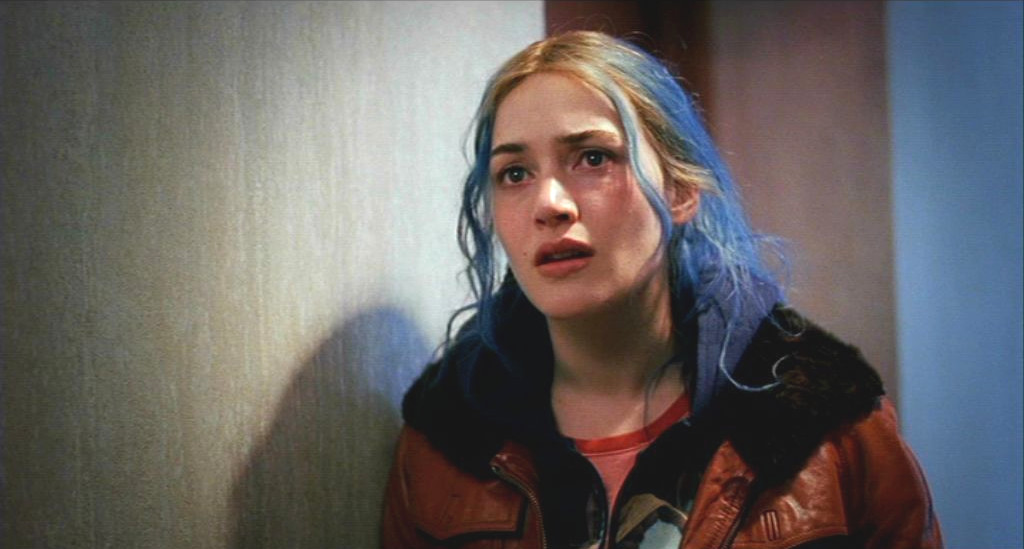
Already an established star thanks to her starring role in the box-office behemoth Titanic, Kate Winslet was enjoying a successful career in Hollywood pictures and indie films alike, and had racked up three Oscar nominations between Best Actress and Supporting Actress (though with no wins) by the time Eternal Sunshine of the Spotless Mind was released.
This quirky sci-fi romantic dramedy, involving a couple who go through a memory-erasing procedure after their breakup and one finding himself changing his mind halfway through, was widely praised by critics and a hit with audiences upon its release. Early Oscar buzz began to surround the film for Jim Carrey’s surprisingly effective dramatic turn as the hapless Joel and Kate Winslet as the flighty Clementine.
Although Carrey would be snubbed for a Best Actor nod, Winslet picked up a Best Actress nomination. Competition that year was mixed in the category: while Hilary Swank was a favorite for the dark Million Dollar Baby, such surprising nominations as Catalina Sandino Moreno for Maria Full of Grace and Imelda Staunton for Vera Drake raised Winslet’s chance for a win that night. But the favorite won, with Swank taking the category for her performance in a film that would go on to win Best Picture, Director, and Supporting Actor that night.
Meanwhile, Winslet would go on to win Best Actress four years later for The Reader. But while Swank gave a solid turn as a female boxer hopeful, Winslet’s performance as the occasionally funny, sometimes dramatic, and often tragic Clementine was one that stuck in people’s minds long after the memories of the other nominees faded.